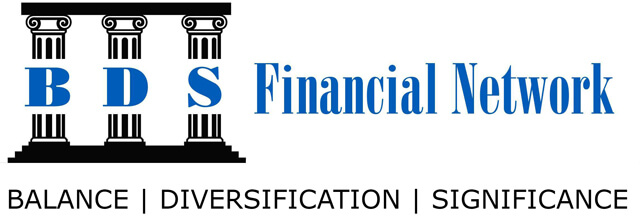Restricted stock units (RSUs)—a contractual right to receive company shares or an equivalent cash payment at some point in the future—are an increasingly popular form of equity award offered by companies of all shapes and sizes. Companies are shifting to RSUs because they are administratively convenient, are easy for employees to understand, and can be structured in a way that helps attract and retain key employees and drive performance.
Given this growing trend, let’s take a closer look at what RSUs are and how they can work for employees.
You’ve been granted RSUs: Now what?
If you’ve been granted RSUs, congratulations! You have likely been given this equity award because you are valued, and your employer wants you to stay with the company and meet certain performance benchmarks. But it’s important to understand that your employer has merely promised to deliver shares (or an equivalent cash payment) to you at a future date. As such, RSUs can be thought of as a form of deferred compensation.
You do not owe any tax at the time of the RSU grant. In fact, you will not owe tax until you actually receive the shares. RSUs typically come with a vesting schedule, and there may be performance conditions that must be satisfied before the stock can be delivered. Unlike a stock option, your RSU has intrinsic value; whether the value of the company increases or decreases after the grant, the stock will have value and can never be “out of the money.”
What happens when RSUs vest?
Once RSUs vest, they will be delivered to you and you will recognize ordinary income based on the fair market value of the stock at the time of delivery. Unlike with stock options, no analysis regarding when to exercise is needed. In most cases, the employer will withhold shares in order to cover the tax, delivering the net shares to you. You may have additional options for withholding, you may be able to elect to receive cash instead of stock, or you may be able to defer the delivery of the shares beyond the vesting date. Be sure to check your plan document to ensure that you understand all of your options.
Once you own the employer stock, you are free to hold it or sell it immediately. Your cost basis in the shares is the fair market value on the date they were delivered. So, if you sell the shares immediately, there will be no additional taxable gain. But if you choose to hold the shares and sell them down the road? You would pay capital gains tax on any gains earned since you acquired the shares; if the shares decrease in value, you would have a capital loss that you can use to offset other capital gains.
Planning questions you should be asking
Should I hold or sell? It may help to think of RSUs as a cash bonus paid to you in the form of company stock. Because you pay the tax upon delivery, there’s no holding period to worry about. You’re free to sell the shares immediately and do whatever you’d like with the cash, similar to a cash bonus. If you wouldn’t take a cash bonus and purchase shares of your company with it, you probably should sell the stock and save or invest the proceeds. If you believe the company is a great long-term investment, however, you may prefer to hold the stock.
What happens if I leave the company? Generally, any unvested RSUs would be lost if you were to leave the company. If you’re considering taking a new job but have a number of RSUs about to vest, for example, you may want to consider sticking it out a little longer. After all, RSUs are designed to help retain employees!
What if I’m planning to retire? Employers tend to treat retirement more favorably than leaving to work for another company. Still, how your RSUs will be treated depends on the employer and whether you’re retiring “early” or at an age that would be considered “normal.” Your employer may allow vesting to continue after retirement, or the employer may accelerate your vesting. Be sure to check your plan document to understand how your unvested RSUs will be treated upon your retirement.
What’s the risk? Many employers grant RSUs to employees annually. This means that after a few years, RSUs will start vesting and you’ll start receiving (potentially large) quantities of shares annually. Depending on your other investments and employee benefits, employer stock could represent a sizable portion of your net worth—exposing you to significant risk if the company were to face a sudden downturn. In this case, you may want to consider selling shares and reinvesting the proceeds in a diversified portfolio.
Will I be pushed into a higher tax bracket? It’s possible that the taxable income from your RSUs’ vesting will push you into another tax bracket. If so, there may be other sources of income whose timing you can shift to work around your RSU vesting schedule. Or, if your employer allows your RSUs to be deferred beyond the vesting date, it may be possible to defer the tax recognition of the RSU to a more opportune time.
A valuable benefit
RSUs can be a valuable piece of an employee benefits package, especially when they are incorporated into a large financial plan. Be sure your advisor and tax professional know about any RSUs you’ve been granted—and when they will vest—so that they can help you plan accordingly.
© 2018 Commonwealth Financial Network®
